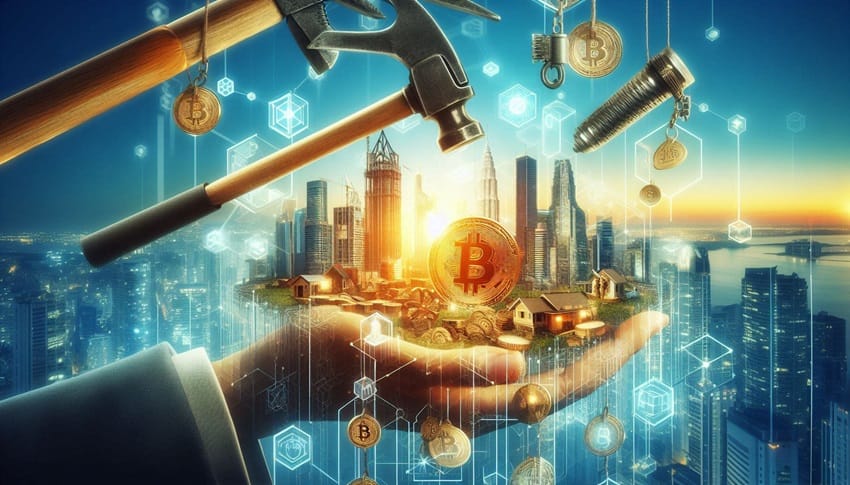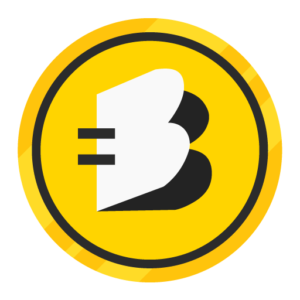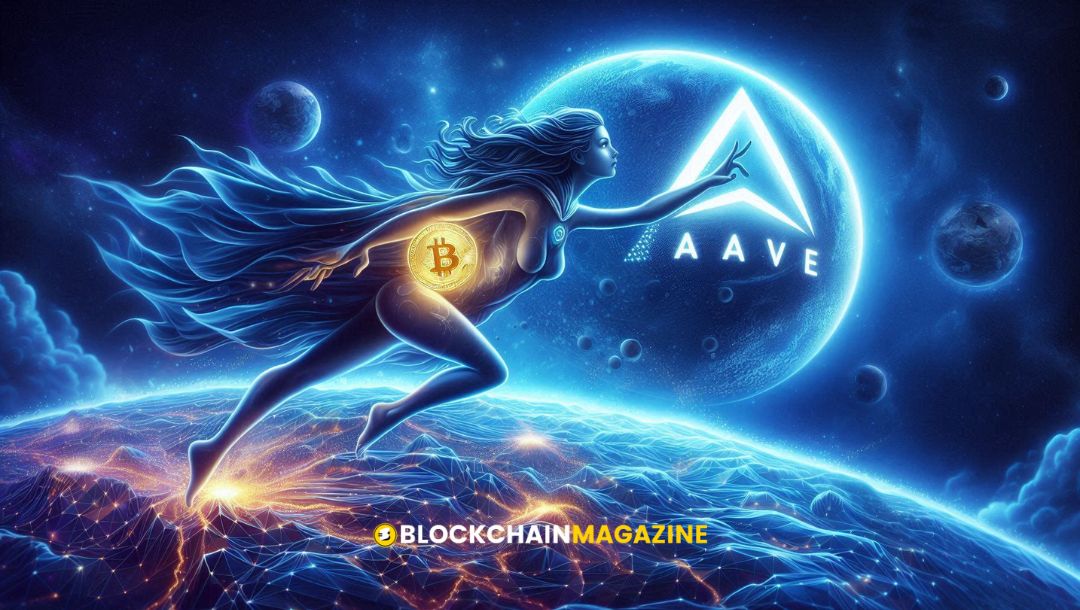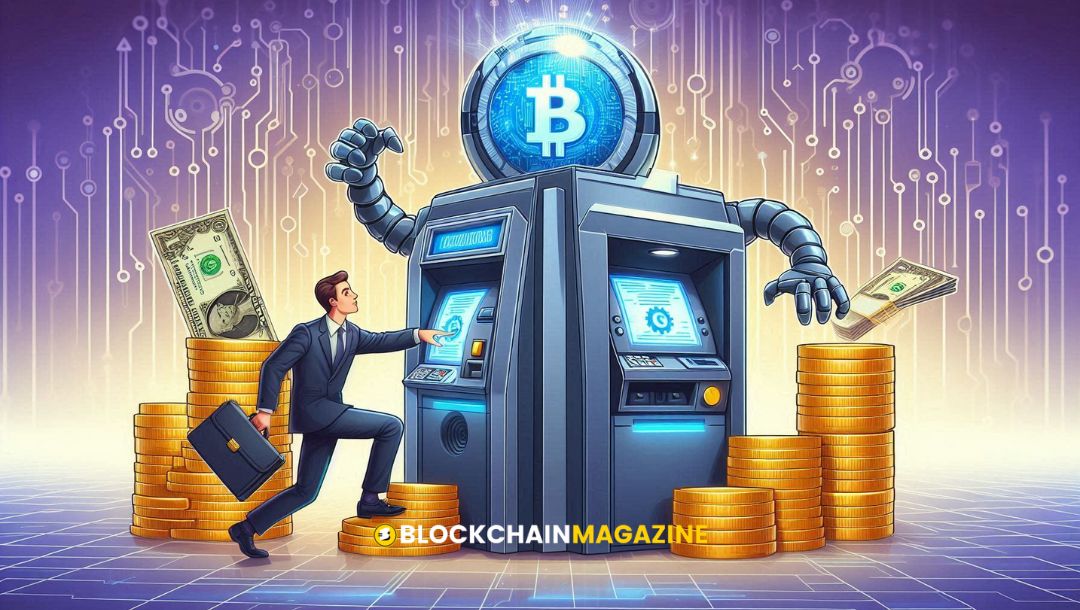A New Wealth Frontier with Blockchain and Real-World Assets
In today’s dynamic financial landscape, Real World Assets (RWAs) – encompassing real estate, corporate bonds, fine art, and more – teeter on the edge of a groundbreaking transformation. Historically, managed through convoluted, isolated systems that impede efficiency and transparency, RWAs are poised for innovation. Blockchain technology, renowned for its capacity to democratize information and streamline processes, stands ready to revolutionize the management, trading, and perception of these assets. This article delves into the synergy between blockchain and real-world assets, elucidating how it can surmount existing obstacles and unveil a future where asset management is more accessible, efficient, and transparent.
The Basics of RWAs and Blockchain
RWAs constitute tangible or intangible assets possessing intrinsic value due to their substance and attributes. From commercial properties to trademarks and mining rights, these assets underpin global economic systems, influencing personal and institutional finances alike. Nonetheless, managing RWAs involves layers of complexity, from legal documentation to financial operations, traditionally necessitating extensive human intervention and bureaucratic processes.
Robert Leshner, in the recent podcast talk about RWAs in detail.
Blockchain technology offers a decentralized ledger recording all transactions across a network of computers. Renowned for enhancing transparency and security while diminishing the need for intermediaries, blockchain can substantially reduce costs and bolster process efficiency. In the realm of RWAs, blockchain introduces ‘tokenization’ – converting asset rights into digital tokens on the blockchain. This approach simplifies ownership stakes in real estate and other investments, enhancing liquidity and facilitating trade.
Challenges in Traditional RWA Management
Traditional RWA management entails myriad intermediaries, from brokers and lawyers to banks and financial institutions. Each intermediary adds complexity and augments transaction costs. For instance, real estate transactions involve property inspection, contract negotiation, title search, mortgage arrangement, and closing, each requiring different services that inflate costs and prolong timelines.
Opacity plagues traditional RWA systems. Information asymmetry, where one party possesses superior information, fosters market inefficiencies and fraud. This lack of transparency proves particularly troublesome in sectors like real estate and art, where asset provenance and authenticity can be dubious.
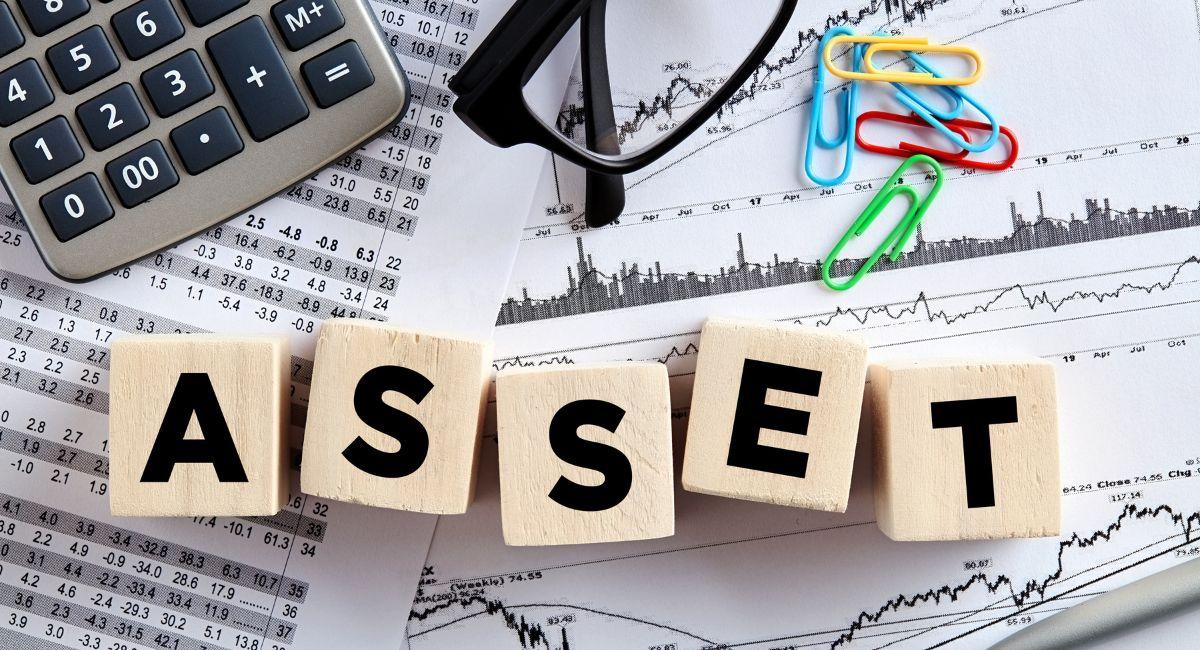
Real Estate: Overcoming Transactional Hurdles
Commercial real estate transactions incur high costs due to numerous intermediaries, including agents, legal advisors, and financial institutions. This multi-step process results in extended timelines and elevated costs. In 2018, blockchain tokenization enabled fractional ownership of a luxury hotel in Aspen, Colorado, reducing barriers to real estate investment.
Art and Collectibles: Ensuring Authenticity
Art galleries face challenges verifying provenance and authenticity, risking reputational damage and financial losses. Absence of a centralized registry exacerbates this issue. In 2018, blockchain tokenization facilitated fractional ownership of a $5 million artwork, enhancing transparency and addressing authenticity concerns.
Agriculture: Simplifying Asset Management
Agribusinesses struggle to manage dispersed land assets due to logistical complexities and varied regulations. Tokenization of farmland in 2019 streamlined investment processes and ownership management, addressing logistical challenges across regions.
Mining: Enhancing Compliance
Mining companies grapple with regulatory compliance and environmental assessments, necessitating legal expertise and high operational costs. In 2020, tokenization of mineral reserves in South America improved fundraising efficiency and compliance with mining laws.
Infrastructure: Facilitating Investment
Infrastructure firms encounter hurdles securing funding and managing stakeholders. Blockchain-enabled tokenization of renewable energy projects in 2021 broadened investor participation and eased multi-stakeholder management.
Tokenization of RWAs: Facilitating Investment
Tokenization converts asset rights into digital tokens, enhancing market liquidity and accessibility. Fractional ownership reduces entry barriers, attracting a wider investor base. Blockchain ensures transparent ownership records, streamlines processes, and lowers transaction costs.
Technological Innovations
Innovations like Proof of Credibility and Zero-Knowledge Credentials bolster credibility and privacy in asset management. Soul Bound Tokens and Decentralized Identity Systems enhance security and transparency, fostering a more efficient ecosystem.
Legal and Regulatory Considerations
Blockchain integration into RWA management poses legal challenges, including regulatory uncertainty, recognition of digital tokens, and enforcement of smart contracts. Adaptation of existing laws and compliance with privacy regulations are imperative for blockchain’s legal adoption.
Future Perspectives and Market Implications
Blockchain’s maturation promises to revolutionize RWA management, enhancing market efficiency and inclusivity. Integration with traditional financial systems and innovative investment vehicles are on the horizon. However, scalability, interoperability, and regulatory evolution pose challenges requiring careful navigation.
Conclusion
The fusion of blockchain technology with real-world asset management heralds a new era of financial innovation. As stakeholders collaborate to harness blockchain’s potential, transparency, efficiency, and inclusivity in asset markets will soar. Despite challenges, the future holds immense promise for blockchain-driven transformation, reshaping global asset management for the better.
Frequently Asked Questions
. What are Real World Assets (RWAs) and how are they managed traditionally?
- RWAs encompass tangible or intangible assets like real estate, trademarks, and mining rights, traditionally managed through cumbersome, siloed systems involving intermediaries like brokers and banks.
2. How does blockchain technology impact the management of RWAs?
- Blockchain revolutionizes RWA management by offering a decentralized ledger that enhances transparency, security, and efficiency through tokenization, converting asset rights into digital tokens on the blockchain.
3. What challenges do traditional RWA management systems face?
- Traditional systems suffer from opacity, high transaction costs, and information asymmetry, hindering market efficiency and transparency, particularly in sectors like real estate and art.
4. Can blockchain technology address challenges in specific sectors like real estate and art?
- Yes, blockchain enables fractional ownership, reducing barriers to investment and enhancing transparency in sectors like real estate and art through tokenization and immutable ownership records.
5. How has blockchain impacted commercial real estate transactions?
- Blockchain has streamlined commercial real estate transactions by reducing transaction costs and timelines through fractional ownership and tokenization, exemplified by the 2018 tokenization of a luxury hotel in Aspen, Colorado.
Stay informed with daily updates from Blockchain Magazine on Google News. Click here to follow us and mark as favorite: [Blockchain Magazine on Google News].
Get Blockchain Insights In Inbox
Stay ahead of the curve with expert analysis and market updates.
latest from tech
Disclaimer: Any post shared by a third-party agency are sponsored and Blockchain Magazine has no views on any such posts. The views and opinions expressed in this post are those of the clients and do not necessarily reflect the official policy or position of Blockchain Magazine. The information provided in this post is for informational purposes only and should not be considered as financial, investment, or professional advice. Blockchain Magazine does not endorse or promote any specific products, services, or companies mentioned in this posts. Readers are encouraged to conduct their own research and consult with a qualified professional before making any financial decisions. The featured image used is just a creative depiction of the title and it does not intend to hurt sentiments of any person or institution. If it hurts anyone sentiments, please do not hesitate to reach out to Blockchain Magazine.

 Bitcoin
Bitcoin  Ethereum
Ethereum  XRP
XRP  Tether
Tether  Solana
Solana  USDC
USDC  Dogecoin
Dogecoin  Cardano
Cardano  Lido Staked Ether
Lido Staked Ether  TRON
TRON  Wrapped Bitcoin
Wrapped Bitcoin  Chainlink
Chainlink  Wrapped stETH
Wrapped stETH  Sui
Sui  Avalanche
Avalanche  Stellar
Stellar  Litecoin
Litecoin  LEO Token
LEO Token  Toncoin
Toncoin  Shiba Inu
Shiba Inu  Hedera
Hedera  Hyperliquid
Hyperliquid  USDS
USDS  Polkadot
Polkadot  WETH
WETH  MANTRA
MANTRA  Bitcoin Cash
Bitcoin Cash  Ethena USDe
Ethena USDe  Bitget Token
Bitget Token  Wrapped eETH
Wrapped eETH  Uniswap
Uniswap  Monero
Monero  WhiteBIT Coin
WhiteBIT Coin  NEAR Protocol
NEAR Protocol  Pepe
Pepe  Bittensor
Bittensor  Aave
Aave  Ondo
Ondo  Aptos
Aptos  Dai
Dai  Internet Computer
Internet Computer  Official Trump
Official Trump  Mantle
Mantle  Ethereum Classic
Ethereum Classic  Tokenize Xchange
Tokenize Xchange  OKB
OKB  Gate
Gate  sUSDS
sUSDS  Sonic (prev. FTM)
Sonic (prev. FTM) 